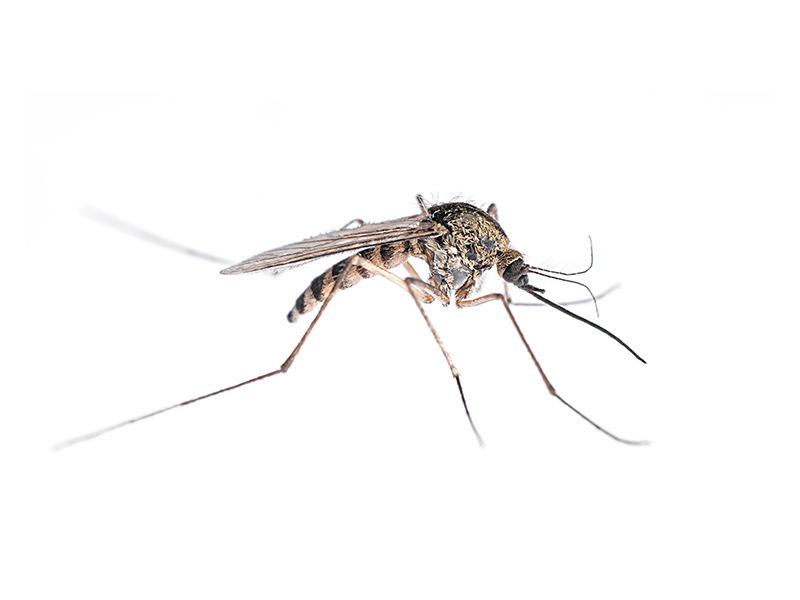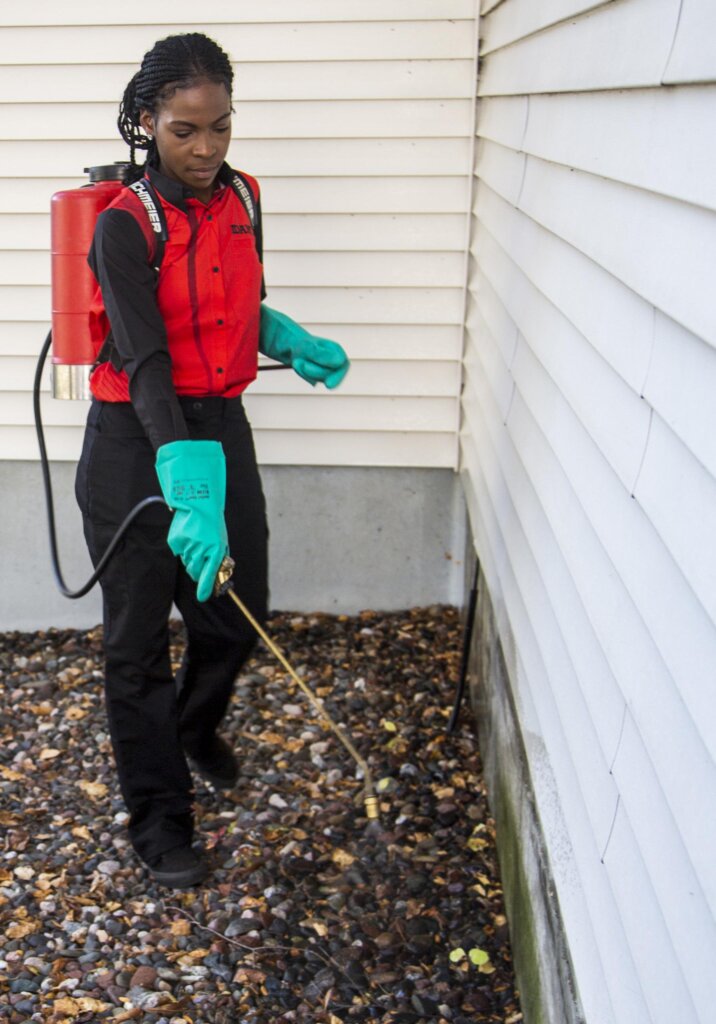Guaranteed Pest Control with results you can count on.
Guaranteed Pest Control with results you can count on.
Blog Article
Eco-Friendly Pest Control Approaches for Managing Wildlife in Urban Locations
Urban locations often discover themselves at the intersection of human task and wild animals, leading to one-of-a-kind obstacles in pest management. These methods not only secure the atmosphere however also enhance community engagement in wildlife monitoring. As metropolitan populaces proceed to expand, comprehending the characteristics of wild animals interactions comes to be progressively critical.
Comprehending Urban Wild Animals Characteristics
Understanding Urban Wildlife Dynamics is crucial for creating effective and environmentally friendly pest control techniques. Urban areas are significantly ending up being environments for numerous wildlife varieties, driven by elements such as environment fragmentation, food availability, and human advancement. Identifying these dynamics permits for a nuanced technique to pest administration that lines up with eco-friendly concepts.
Urban wildlife often includes types such as raccoons, squirrels, and birds, which adjust to city environments, locating specific niches in environment-friendly areas, parks, and also suburbs. Their presence can result in disputes with human beings, specifically when they exploit personnels for food and sanctuary. Recognizing the actions and ecological functions of these species educates techniques that reduce unfavorable communications while advertising biodiversity.
Furthermore, acknowledging the interdependencies within city ecosystems aids in determining crucial locations for habitat preservation and restoration. This knowledge adds to the advancement of integrated bug monitoring (IPM) strategies that take into consideration the eco-friendly equilibrium, thus minimizing dependence on harmful chemicals. By promoting conjunction between human beings and urban wild animals, cities can develop much healthier settings that benefit both citizens and local ecosystems, leading the way for sustainable urban living.
All-natural Repellents and Deterrents
Natural repellents and deterrents provide a sustainable option to conventional parasite control techniques by taking advantage of the power of nature to maintain unwanted types away. These environmentally friendly remedies typically utilize plant-based ingredients, vital oils, and various other normally happening compounds that prevent parasites without harming the environment.
One reliable natural repellent is peppermint oil, which is recognized to fend off rodents and insects. Its solid fragrance is undesirable to many pests, making it a popular selection for city settings. Likewise, vinegar and citrus peels can work as deterrents, as their solid odors are normally unappealing to different wild animals.
Additionally, diatomaceous earth is an all-natural powder that can be spread out in areas vulnerable to parasite task, effectively dehydrating and deterring bugs without positioning risks to non-target varieties. Furthermore, garlic sprays and neem oil are identified for their ability to ward off a large range of pests, consisting of both bugs and bigger wildlife.
Executing these natural repellents not only reduces dependence on chemical pesticides however likewise advertises a healthier urban ecosystem, fostering a much more well balanced conjunction in between human beings and wildlife. By using these techniques, city areas can properly manage bug populaces while decreasing environmental impact.
Environment Modification Methods
Effective environment modification techniques play an essential role in lasting insect administration by changing the environment to make it much less favorable to pest problems. By understanding the environmental dynamics of metropolitan locations, homeowner can apply tactical alterations that deter bugs while advertising biodiversity.
(Cockroach exterminator Port Charlotte)One key method involves preserving appropriate sanitation. This includes routine waste removal, protecting trash can, and getting rid of standing water to decrease reproducing websites for bugs and rodents. Additionally, landscape design methods such as selecting indigenous plants can improve ecological balance, supplying environments for valuable organisms while lessening sources for insects.
An additional crucial technique is to secure entrance points in buildings. Checking and repairing fractures in foundations, wall surfaces, and windows can substantially minimize insect accessibility. Developing physical barriers, such as fences or plant barriers, can prevent wildlife movement into human-inhabited locations.
Integrated Bug Administration Practices
Building upon environment modification techniques, integrated bug monitoring (IPM) methods supply an alternative method to controlling bug populaces while reducing environmental effect. IPM combines numerous techniques, consisting of biological, social, mechanical, and chemical controls, to accomplish reliable insect monitoring.
Biological control entails the intro of natural killers or parasites to lower insect populaces. Social methods, such as plant rotation and hygiene, interfere with pest life cycles and decrease their environments - Pest control service. Mechanical controls, like catches and barriers, supply prompt remedy for pest stress without chemical treatment
Chemical controls are used as a last option, focusing on targeted applications that limit injury to non-target species and the atmosphere. The choice of eco-friendly pesticides, when essential, is essential to the IPM structure. Additionally, monitoring bug populaces and evaluating prospective damages helps inform decision-making, making certain that interventions are prompt and efficient.
Area Involvement and Education And Learning

(Carpenter ant control Port Charlotte)Workshops and informational sessions can outfit citizens with knowledge concerning indigenous types, environment conservation, and efficient safe bug administration techniques. Cooperation with schools, regional organizations, and government see this here companies even more improves academic outreach, ensuring that crucial details gets to varied target markets.
In addition, community-led campaigns, such as area clean-up days and habitat repair jobs, not only advertise biodiversity but also enhance neighborhood ties. Pest control service. By urging residents to share their experiences and monitorings, neighborhoods can create targeted techniques that deal with details neighborhood parasite problems
Including feedback from citizens into insect monitoring prepares makes it possible for a much more receptive and adaptive method to wild animals obstacles. Inevitably, notified and engaged areas are crucial to achieving long-lasting success in eco-friendly pest control, leading to much healthier urban atmospheres that value both human and eco-friendly demands.

Final Thought
In verdict, environmentally friendly parasite control comes close to offer sustainable remedies for managing urban wildlife. By prioritizing habitat alteration, making use of all-natural repellents, and executing integrated pest administration techniques, neighborhoods can cultivate a harmonious coexistence with neighborhood fauna. Moreover, engaging citizens via education boosts recognition and motivates liable wildlife communications. Eventually, these strategies not just secure biodiversity yet also promote ecological health and wellness, guaranteeing city areas remain vivid communities where human beings and wild animals prosper together.
Report this page